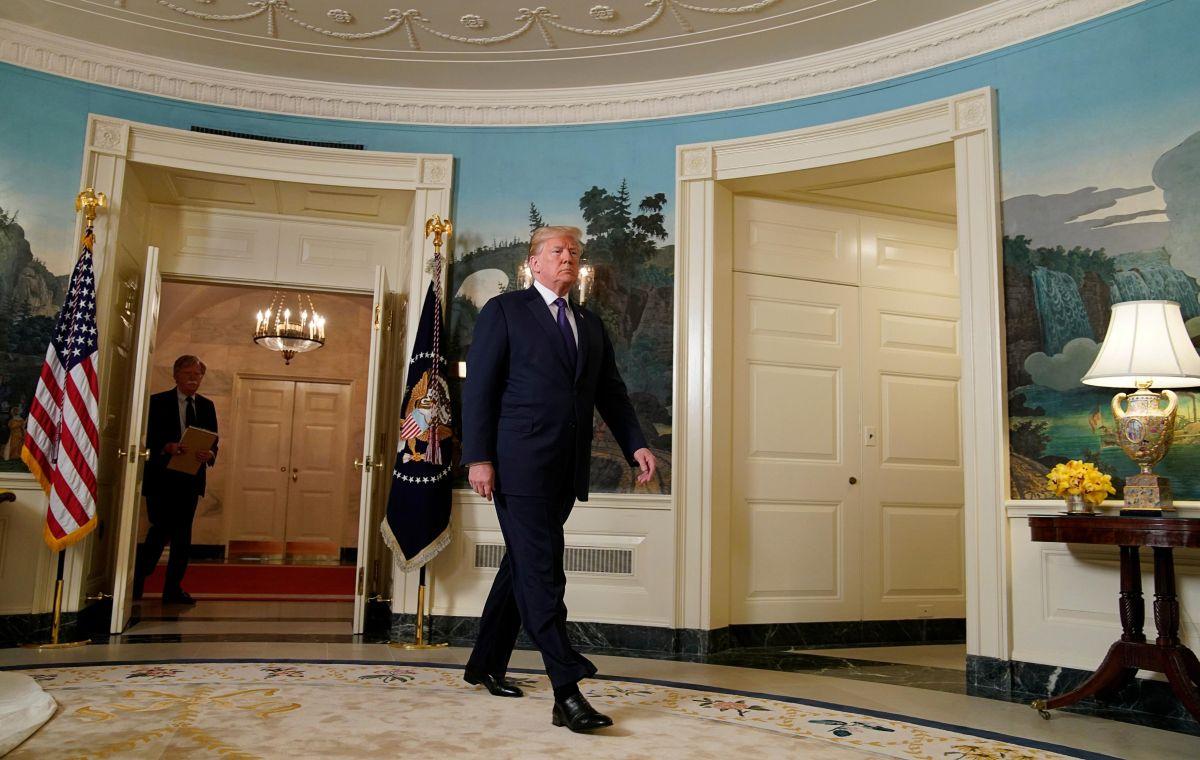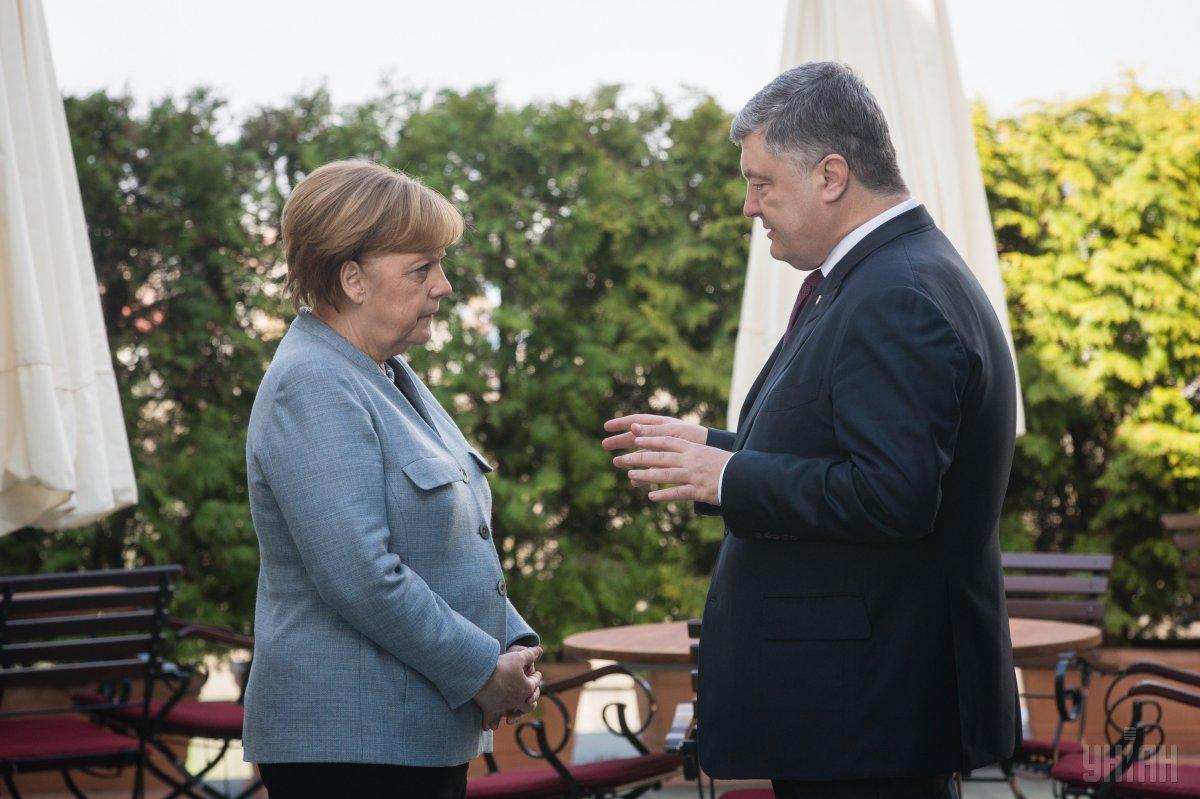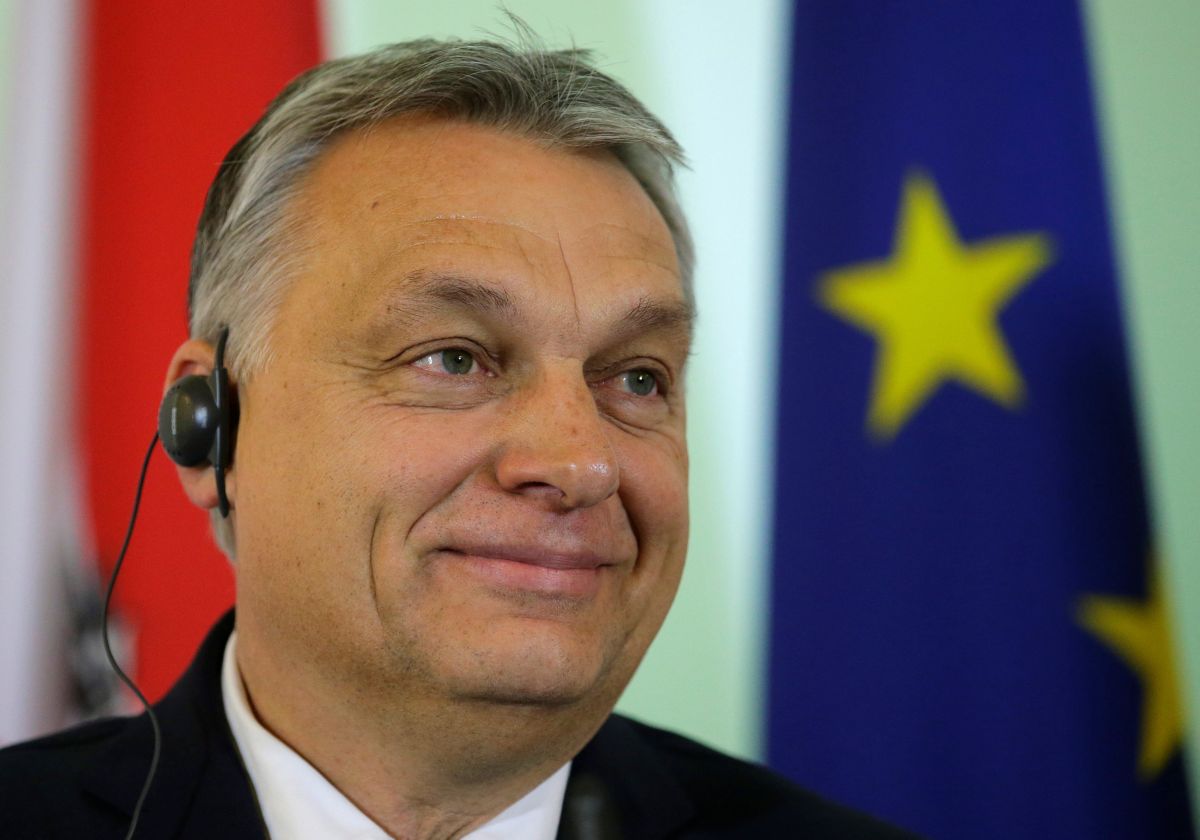
Ukrainian interest. Syria escalation, Poroshenko's efforts, and Orban's triumph
The United States, UK, and France went for a joint airstrike at Syrian facilities where the intelligence believes chemical weapons are produced. Peter Poroshenko held intensive negotiations with German leadership and outlined Ukraine's further foreign policy priorities. U.S. sanctions against Russia, probably for the first time, became truly effective, forcing the Kremlin to look for ways to save face. Viktor Orban and his Fidesz Party secured a constitutional majority in the Hungarian parliament.
Donald Trump's latest tweets and the emergence in his team of new "hawks" - Mike Pompeo and John Bolton - conditioned the developments in the Middle East. A missile strike against Syrian targets linked to the chemical program allowed the West to retain its face, and Russia - to continue supporting Assad without direct use of weapons, although Russian Navy ships were forced out of their base in Tartus. The developments in the region show that the members of the nuclear club are not ready to go for a military escalation, preferring to limit themselves to loud statements and public muscle-flexing.
Ukraine remains one of the bridgeheads of the clash of interests between Russia and the United States, so the official Kyiv must make further efforts to strengthen its own foreign political weight. Petro Poroshenko in Berlin tried to convince Angela Merkel in the presence of the political component in the Russia-promoted NordStream-2 gas pipeline, having partly succeeded to this end. Berlin will have no dominant role in the introduction of peacekeepers in Donbas as Germany is not a permanent UNSC member, while its voice will surely be heard. The Ukrainian president noted that more than 40 countries were ready to take part in the "blue helmets" mission in eastern Ukraine. By default, much will depend on Russia's position, according to U.S. envoy on Ukraine talks Kurt Volker, who called on his Russian counterpart Vladislav Surkov to lay down Russian vision of resolving the Donbas conflict.

From the platform of the XI Kyiv Security Forum, Petro Poroshenko voiced an intention to denounce part of the articles of Ukraine-Russia Big Treaty on friendship and cooperation, noting that the provisions on mutual recognition of borders would remain in force. Another step is the formalization of the gap between Ukraine and the CIS, which has long ceased to play the role of a mechanism for the peaceful divorce of the former Soviet republics. NSDC Secretary Oleksandr Turchynov, in the tone of a "Bloody Pastor" as Russian propaganda has once branded him, stressed that partnership with NATO is a must for Ukraine, while this week the NSDC is expected to show solidarity with the latest U.S. move to impose more sanctions against Russia.
It should be noted that the latest U.S. sanctions of April 6 delivered a truly painful blow not only to the ambitions of individual oligarchs but for the Russian economy as a whole. Although sanctioned officials habitually pretend to rejoice over appearing on "black lists" and the State Duma hysterically seeks a symmetrical response, the situation in the Russian stock market and the ruble's exchange rate against the dollar and euro speak for themselves. The Kremlin is looking for options for a response, focusing on building a "besieged fortress" within Russian society rather than on preserving opportunities for negotiations with the U.S. and EU. The latest oped by Vladislav Surkov "The Solitude of a Half-Blood", where he explains Russia's increasing self-isolation, can be perceived precisely in this context. The author of the concept of "sovereign democracy" is definitely a skilled writer, but his works give answers only to a limited set of questions. There has been no answers yet from Vladimir Putin, who is at the top of a strict Russian power vertical.

The Fidesz party won confidently in Hungary's parliamentary elections, securing a constitutional majority and declassing both old opponents from the Socialist Party and representatives of Jobbik. Having retained the prime minister's post, Viktor Orban promises the emergence of new faces in government, while the European Parliament does not rule out sanctions against Hungary. Obviously, conservative and populist trends remain stable and noticeable in Central Europe. Ukraine should look at whether Hungary can change its position after the elections, and in case of a positive response - to seek opportunities for resuscitation of dialogue.
Yevgeny Magda is an executive director of the Institute of World Policy

